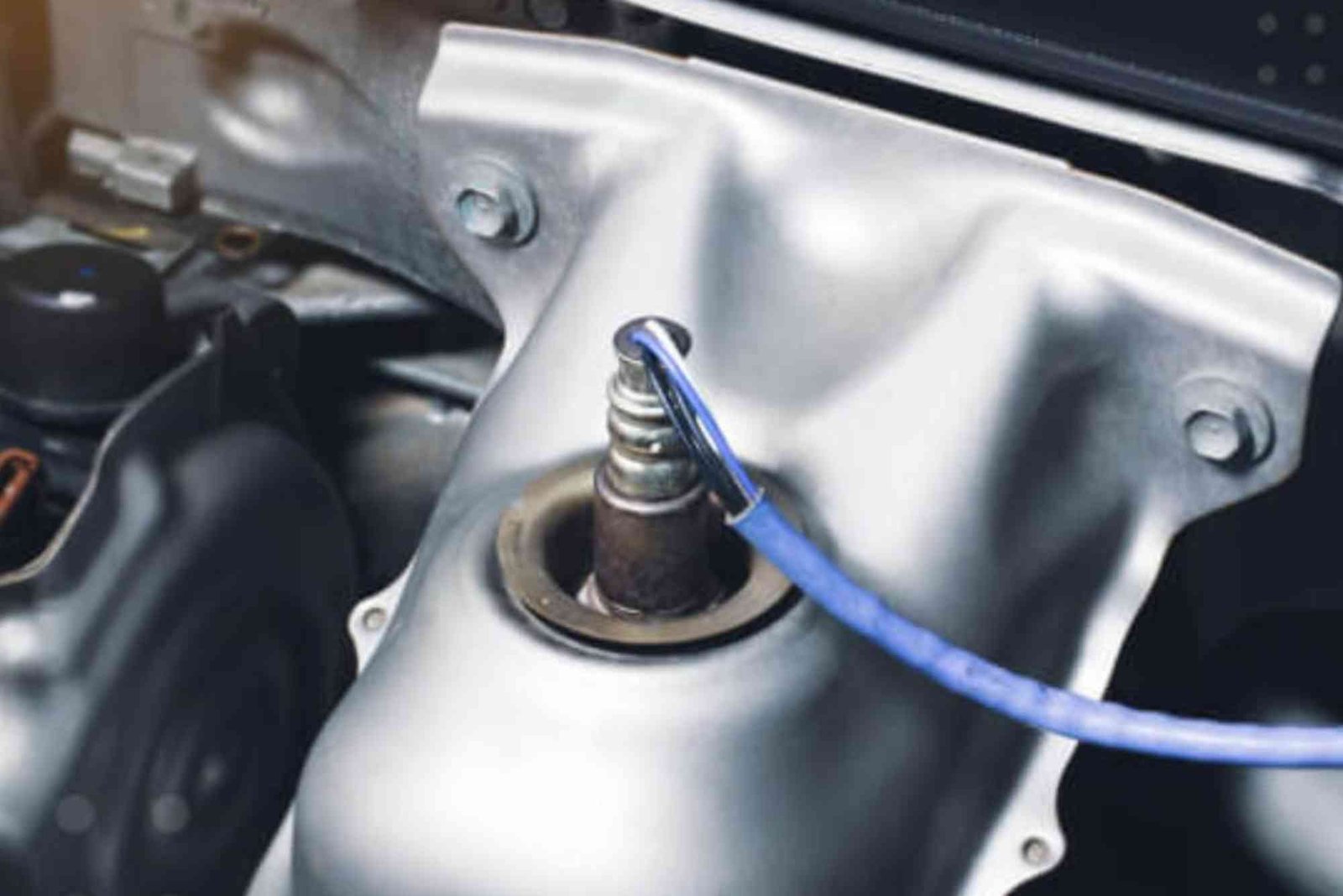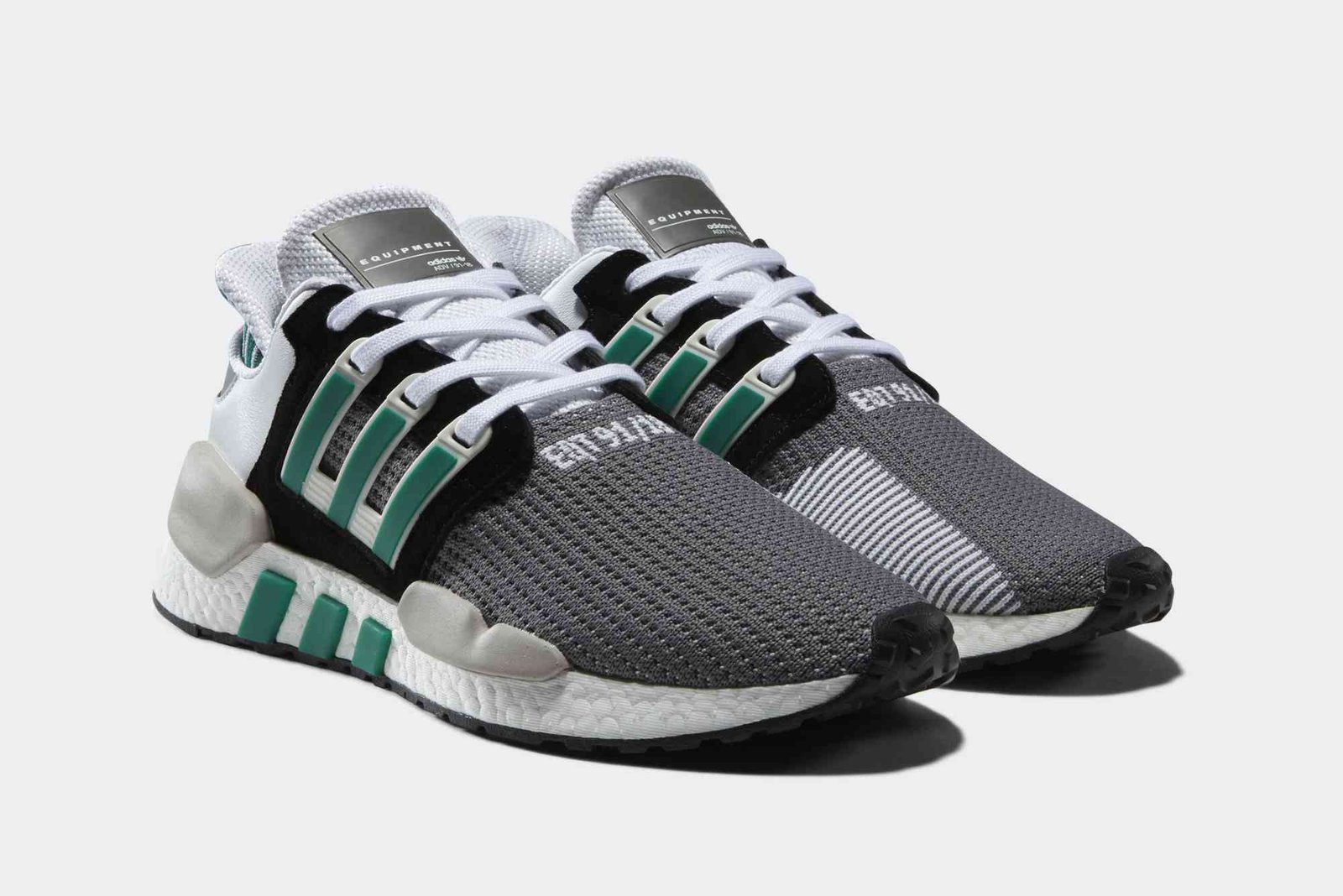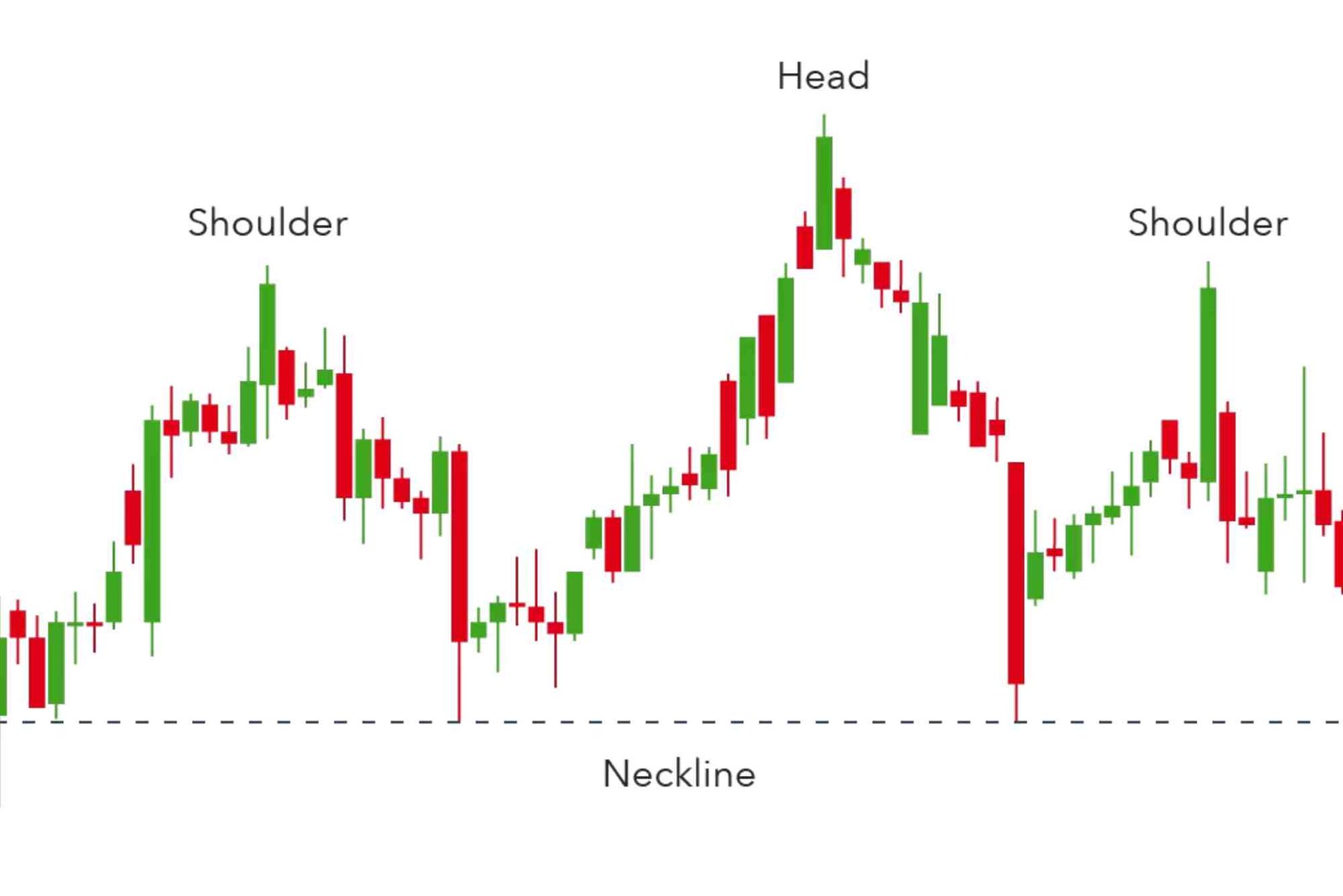Introduction
Working out in the evening has become a lifestyle choice for many fitness enthusiasts. It allows people to unwind after a long day, relieve stress, and focus on personal health. However, one common question that arises is “How to what to eat before gym in evening step by step?” The right pre-workout nutrition can determine whether your session is powerful and effective or leaves you tired and sluggish. Understanding when and what to eat before an evening workout can make all the difference.
Eating before the gym isn’t just about satisfying hunger—it’s about fueling your body for optimal energy, muscle performance, and endurance. In this guide, we’ll explore the perfect approach to evening pre-workout nutrition, including meal timing, food combinations, and step-by-step planning to get the most from your workouts.
Why Pre-Workout Nutrition Matters
When you exercise, your muscles use glycogen (stored carbohydrates) as their main source of energy. If your glycogen stores are low or you’re running on an empty stomach, fatigue will set in faster. The right foods provide energy, preserve muscle mass, and improve focus and stamina. Eating before gym in the evening helps you:
- Maintain steady energy levels throughout the workout
- Avoid dizziness or fatigue
- Enhance muscle performance and endurance
- Improve recovery time after training
Evening workouts often follow a full day of meals, so planning your pre-gym meal requires careful timing to avoid discomfort or sluggishness.
Plan the Timing of Your Meal
Timing is everything. You don’t want to eat too close to your workout because digestion will compete with your muscles for blood flow. The general rule is:
- Eat a full meal 2–3 hours before the gym
- Eat a light snack 30–60 minutes before the gym
This timing ensures your body absorbs the nutrients it needs without feeling bloated. If you eat lunch around 1 PM and plan to work out at 6 PM, you can have a balanced pre-workout meal around 4 PM.
Understand Macronutrient Balance
Your body needs a mix of carbohydrates, proteins, and fats before a workout. Each plays a unique role in supporting your exercise.
Carbohydrates for Energy
Carbs are your body’s main energy source. Eating complex carbohydrates before your workout helps you sustain energy during intense exercises. Examples include:
- Brown rice
- Oats
- Whole-grain bread
- Sweet potatoes
- Quinoa
These release energy slowly and prevent sugar crashes during your workout.
Protein for Muscle Support
Protein supports muscle repair and prevents breakdown during training. Consuming a protein source before working out helps with muscle recovery and growth. Good protein options are:
- Chicken breast
- Greek yogurt
- Cottage cheese
- Protein shake
- Eggs
Healthy Fats for Sustained Energy
Fats are digested slowly and provide a steady release of energy. However, you should consume them in moderate amounts before workouts to avoid sluggishness. Great options include:
- Avocado
- Almonds
- Peanut butter
- Olive oil
Combining all three macronutrients ensures your body has everything it needs for an effective workout.
Choose the Right Pre-Workout Meal
Your ideal pre-workout meal depends on how much time you have before hitting the gym.
If you have 2–3 hours before your workout, you can have a complete meal like:
- Grilled chicken with brown rice and vegetables
- Tuna sandwich on whole-grain bread
- Oatmeal with banana and a scoop of whey protein
If you have less than 1 hour before your workout, choose lighter options such as:
- Banana or apple with peanut butter
- Greek yogurt with berries
- A small protein smoothie with oats
These lighter snacks digest faster and still give you the energy boost you need.
Hydration — The Forgotten Key
Hydration plays a vital role in your performance. Even mild dehydration can cause fatigue, muscle cramps, and reduced endurance. Drink water throughout the day and have 1–2 glasses about 30 minutes before your workout. Avoid sugary or carbonated drinks as they can cause bloating or energy crashes.
If you sweat a lot or train intensely, you may consider an electrolyte drink to replenish sodium and potassium levels. Hydration supports nutrient transport and temperature regulation during your workout.
Avoid These Common Mistakes
Many people unknowingly make mistakes before their workouts. Here are a few to watch out for:
- Skipping your pre-workout meal: This leads to low energy and poor performance.
- Eating too close to your workout: It can cause nausea and cramps.
- Overloading on fats: Fats take longer to digest, slowing energy release.
- Ignoring hydration: Water is as important as food for performance.
Avoiding these mistakes ensures your pre-gym nutrition works effectively.
Pre-Workout Snack Examples
Here are a few combinations to inspire your pre-workout nutrition plan:
- Whole-grain toast with almond butter and banana slices
- Oats with honey and protein powder
- Rice cakes with turkey slices
- Smoothie with banana, spinach, and Greek yogurt
- Cottage cheese with berries and almonds
Experiment to find what makes you feel most energized and comfortable during your workout.
Timing Your Caffeine Intake (Optional)
Some people prefer a cup of coffee or green tea before the gym. Caffeine can improve focus and endurance, but timing is key. Drink your coffee about 30–45 minutes before the workout for the best results. Avoid overconsumption, as too much caffeine may cause jitteriness or dehydration.
Customize Based on Your Fitness Goal
What you eat before the gym also depends on your goal.
For Muscle Gain
Include more protein and complex carbs to fuel growth. A meal like chicken, rice, and vegetables with a small protein shake works great.
For Fat Loss
Opt for a moderate-carb meal with lean protein. Avoid excess fats or sugars. A boiled egg with an apple or a protein smoothie can be effective.
For Endurance
Prioritize carbs and hydration. Whole-grain pasta or oats before a long workout help maintain stamina.
Pay Attention to Your Body
Everyone’s body reacts differently to food. Try different meal timings and food combinations to see what works best for you. If you feel heavy or sluggish, eat lighter and earlier. If you feel weak, you may need more carbs or protein.
Listening to your body is key to finding your perfect pre-workout routine.
Expert Tip: Post-Workout Nutrition Also Matters
Your nutrition doesn’t end when your workout does. Consuming protein and carbs within 30–60 minutes post-workout helps repair muscles and restore glycogen levels. This ensures faster recovery and better results over time.
A protein shake, grilled chicken wrap, or yogurt with fruit are all great post-workout options.
Incorporating Real-World Advice
Many athletes and trainers emphasize that pre-workout nutrition is not about perfection—it’s about balance. The goal is to maintain energy, not to feel stuffed. Avoid eating heavy fast food or junk meals before workouts. Stick to clean, whole foods that digest easily and provide lasting energy.
For more insights and professional tips, check this What To Eat Tips article which explores meal timing and examples in greater depth. You can also review another helpful What To Eat Before Guide for structured plans and strategies tailored to your fitness goals. For a broader fitness perspective, visit this Related article on mdijazn.com to explore complementary topics on nutrition and training.
FAQ Section
Is it okay to eat before an evening gym session?
Yes, eating before your workout gives your body the fuel it needs for energy and performance. Just make sure to eat at least 1–2 hours before exercising.
What should I eat before an evening workout to lose fat?
Choose lean proteins and moderate carbs, like boiled eggs, Greek yogurt, or a banana with peanut butter. Avoid high-fat or high-sugar foods.
How long should I wait after eating before going to the gym?
Wait 2–3 hours after a large meal or 30–60 minutes after a small snack to avoid discomfort during your workout.
Can I drink coffee before an evening workout?
Yes, moderate caffeine can improve performance and focus. Drink it 30–45 minutes before the workout, but avoid it too late in the evening if it affects your sleep.
What if I don’t feel hungry before the gym?
Opt for a small liquid snack like a smoothie or protein shake. Liquid foods digest faster and still give you the energy you need.
Learning how to what to eat before gym in evening step by step is about understanding your body, energy needs, and goals. The right pre-workout nutrition sets the foundation for performance, recovery, and long-term results. Balance carbs, proteins, and fats; stay hydrated; and avoid last-minute heavy meals.
Make these steps a part of your evening routine, and you’ll notice improved stamina, focus, and strength in every session. For more science-backed insights and meal plans, explore the What To Eat Tips and What To Eat Before Guide resources to enhance your fitness journey today. Stay consistent, eat smart, and let your nutrition power your performance.












